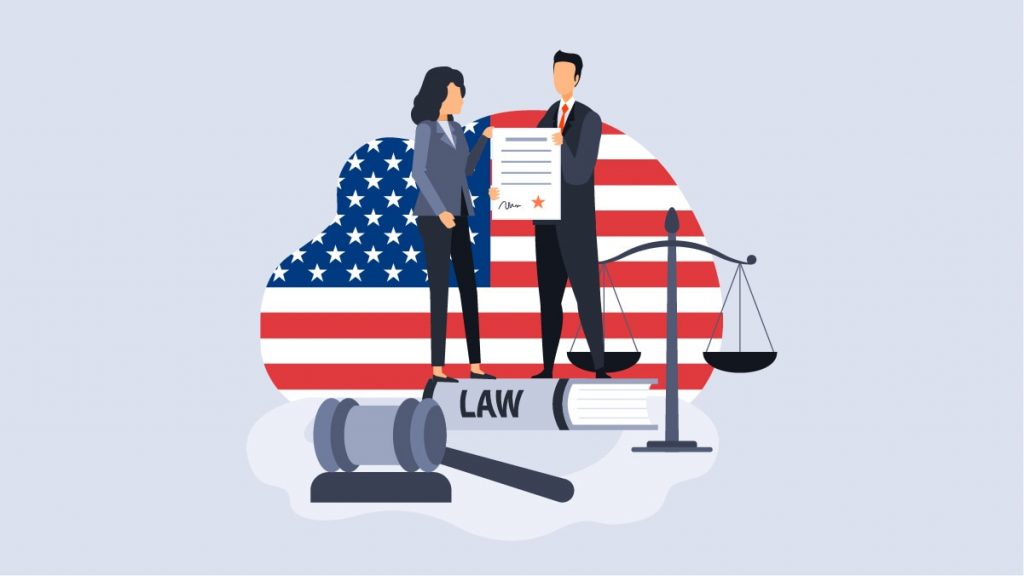How the Civil Service Reform Act of 1978 laid the groundwork
While society has become acquainted with a slew of high-profile whistleblowers in recent years, efforts to solidify rights and protections for federal employees speaking up were addressed as far back as the late 1970s. Introduced partly in response to the Watergate scandal, the Civil Service Reform of 1978 abolished the US Civil Service Commission and distributed its functions among three new agencies in a bid to make public service more efficient.
Notable among its tenets was additional protection for whistleblowers whereby federal employees who disclosed wrongdoing were sheltered. Under the act, an Office of Special Counsel was established to investigate government violations and misconduct as well as to represent whistleblowers.
Whistleblower protection strengthened further in 1989
The Whistleblower Protection Act of 1989 can be viewed as a maturation of the 1978 legislation and it primarily addressed shortcomings in the earlier act’s enforcement structure, particularly the Office of Special Counsel. In addition, it also strengthened weaknesses in restrictive judicial interpretations while also making it easier for allegations of retaliation to be proven by the whistleblower. Notably, it also recognised the right of a federal employee to disobey an illegal order.
Under President Obama, the Whistleblower Protection Enhancement Act of 2012 overhauled the 1989 WPA, closing administrative loopholes and ending the Federal Circuit Court’s monopoly on appeals. Interestingly, the law had unequivocal bipartisan support when it was introduced, receiving the vote of every member of the 112th Congress before passing the Senate and House of Representatives by unanimous consent. Today, millions of federal workers enjoy the right to report government wrongdoing safely and federal whistleblower rights are now stronger than at any other time in US history, though there is still work to do.
How the WPA provides protection
Under the WPA and the 2012 amendment, protection is provided for federal government employees who have made any “any disclosure of information” whereby they reasonably believe there is evidence of wrongdoing. Specifically, protection applies to lawfully disclosing the following:
- A violation of law, rule or regulation
- A gross waste of funds
- Gross mismanagement
- Abuse of authority
- A substantial and specific danger to public health or safety
In terms of protection, the law facilitates confidential reporting as well as prohibiting retaliation against whistleblowers such as demotions, pay cuts and dismissals. In addition, individuals who have experienced these forms of retaliation are provided with legal assistance. As well as expanding the qualifications for protected disclosures and widening penalties imposed for violating whistleblower protections, the WPEA amendment also established the position of the Whistleblower Protection Ombudsman.
The federal agencies investigating complaints under the WPA
Office of the Special Counsel: The OSC investigates federal whistleblower complaints under the WPA. Its primary mission is to “safeguard the merit system by protecting federal employees and applicants from prohibited personnel practices, especially reprisal for whistleblowing”.
The Merit System Protection Board: Established in 1978, the MSPB is a quasi-judicial agency that adjudicates whistleblower complaints, though it uses appointed administrative law judges who are more likely to back the government. This can be seen in a Government Accountability Project analysis which found that the board ruled for whistleblowers just three times in 56 cases since 2000.
The Court of Appeals for the Federal Circuit: Established under Article III of the Constitution in 1982, it is the only court empowered to hear appeals of whistleblower cases decided by the MSPB. It has been criticised in recent years with some commentators alleging that it misinterprets whistleblower laws and remains hostile to claimants.
Anonymity, confidentiality and retaliation
Both the WPA and the 1978 Inspector General Act incorporated confidentiality provisions for federal whistleblowers. They state that the identity of an employee reporting wrongdoing must be protected unless the person in question consents to their identity being disclosed and federal civil servants can make confidential disclosures under § 1213 of the WPA. In accordance with 5 U.S.C. 1213(h):
“(h) The identity of any individual who makes a disclosure described in subsection (a) may not be disclosed by the Special Counsel without such individual’s consent unless the Special Counsel determines that the disclosure of the individual’s identity is necessary because of an imminent danger to public health or safety or imminent violation of any criminal law.”
The WPA prohibits retaliation against employees speaking out and it grants the right for the OSC to investigate any allegations to that effect. If cases of reprisal are filed, the OSC can also represent whistleblowers as well as permitting an individual to pursue a private right of action with the MSPB.
The intelligence community overlooked?
Although the WPA ensures that all government employees can safely disclose “violations of laws, rules & regulations, or mismanagement, gross waste of funds, abuse of authority and or a substantial and specific danger to public health and safety”, it actually overlooks one category of public sector whistleblowers: the intelligence community.
While employees working in classified environments were excluded under the WPA, they do have some options. The 1998 Community Whistleblower Protection Act (ICWPA) required a whistleblower intending to report to Congress about an “urgent concern” to go to the inspector general who will then gauge whether the concern is credible over a 14-day period. If the complaint is justified, the IG must transfer the information to the Director of National Intelligence who is required to forward it to the congressional intelligence committees within one week. If the IG does not find the complaint credible, the whistleblower can still communicate with the intelligence committees in Congress if they have the permission of the Director of National Intelligence.
While the ICPWA does provide a provision protecting the whistleblower’s identity, it does not offer protection from retaliation. That resulted in an effort to strengthen protection in 2012 when Presidential Policy Directive 19 was signed. It provided specific prohibitions of reprisals against members of the intelligence community and the legislation was codified into law in 2014. Despite these steps, intelligence community whistleblowers remain highly vulnerable as they lack access to the court system in the event of retaliation. Rather, they must undertake an internal review process with a high likelihood of bias and significant career risk.
In summary
Despite the significance of the reforms over the past decade, blowing the whistle as a federal employee can still carry inherent risk, particularly for those working in classified environments as outlined above. Examples are numerous. Edward Snowden’s story is well known and he has been living in exile in Moscow since 2013. More recently, retired Lt. Col. Alexander Vindman reported about calls with Ukraine that resulted in the impeachment of former President Donald Trump. Despite that outcome, Vindman was forced to retire after 21 years in the military due to cited vengeful behaviour and bullying from both Trump and his administration officials.
The 2012 amendment to the WPA was welcome but some observers have criticised it for not going far enough. According to the Federal News Network, co-founder and general counsel of the National Whistleblower Center, David Colapinto, remarked that court access should be allowed whereby whistleblowers can seek a jury trial to determine cases of wrongful dismissal or retaliation. Colapinto added that this is already the case for federal employees who allege discrimination on the basis of gender, race, religion, etc. As mentioned earlier, there are also concerns regarding the MSBP and the Court of Appeals for the Federal Circuit, both of which have been criticised for alleged bias and hostility towards government whistleblowers.









